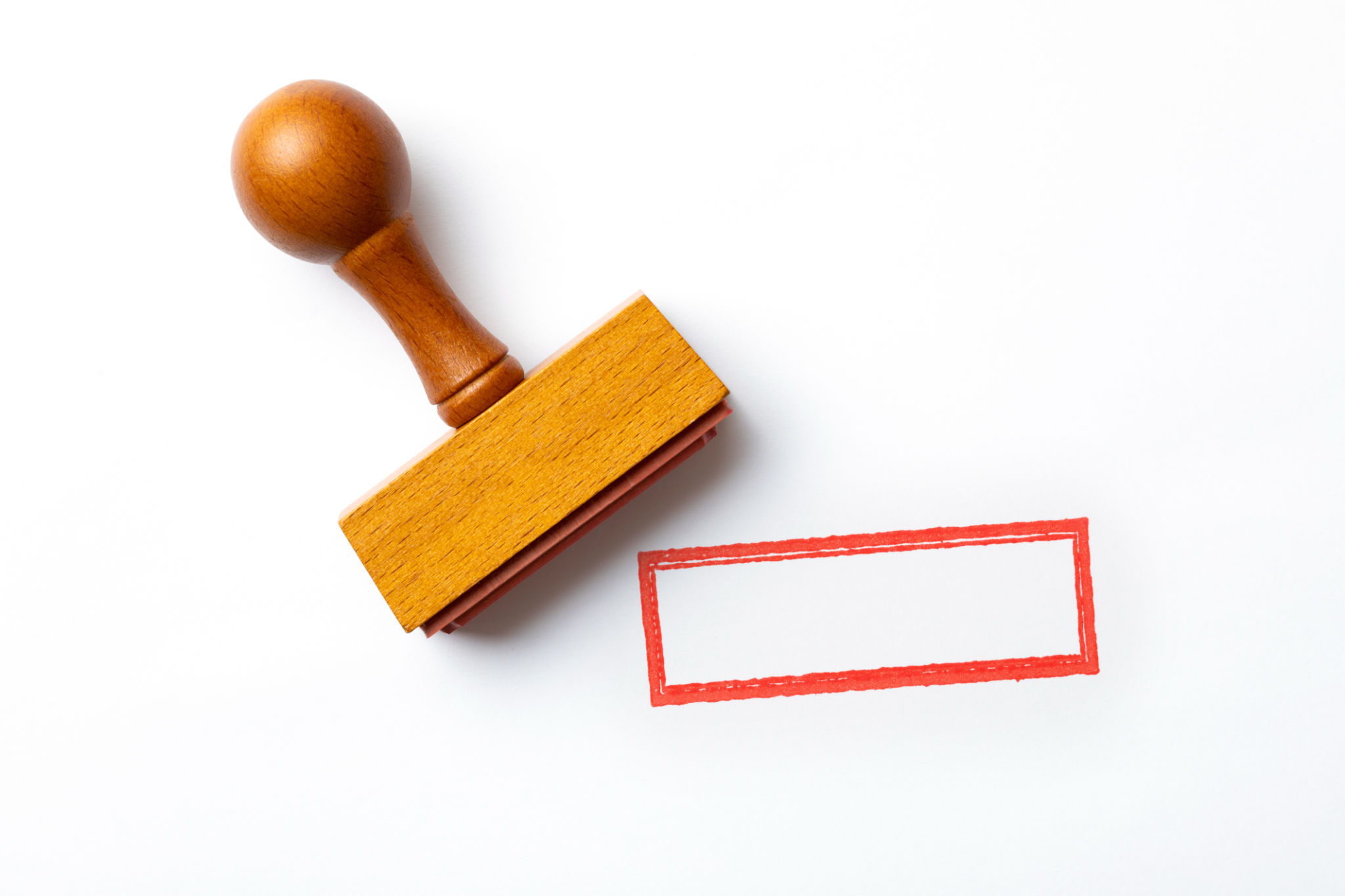Understanding Notarization: A Complete Guide to Notary Services
What is Notarization?
Notarization is a formal process that ensures the authenticity of documents and their signatories. It involves a notary public, a state-appointed official, who acts as an impartial witness to the signing of important documents, verifying the identity of the signers and their willingness to sign. This process helps prevent fraud and establishes that the documents are legally binding.
Notarized documents are often required in legal, financial, and administrative matters. These can include property deeds, affidavits, powers of attorney, and many other types of legal documents.

The Role of a Notary Public
A notary public plays a crucial role in the notarization process. Their primary duties include verifying the identity of the signers through valid identification, ensuring that the signers are aware of the document’s contents, and confirming that they are signing voluntarily without any coercion. Once these conditions are met, the notary public will affix their official seal or stamp on the document.
The notary's seal serves as a mark of authenticity and legality. It signals to all parties involved that the document has been properly executed and verified, thereby adding an extra layer of security and trust.
When Do You Need Notarization?
Notarization is often required in various situations to ensure the legitimacy and enforceability of a document. Common scenarios where notarization is necessary include:
- Real estate transactions, such as transferring property ownership.
- Executing a will or setting up a trust.
- Creating powers of attorney for healthcare or financial decisions.
- Applying for certain types of loans or financial agreements.

Types of Notarization
There are several types of notarization, each serving a specific purpose. The most common types include:
- Acknowledgments: Used to confirm that the signer personally appeared before the notary and acknowledged signing the document freely.
- Jurats: Require the signer to swear or affirm that the contents of the document are true to the best of their knowledge.
- Copy Certification: Involves verifying that a copy of an original document is accurate and complete.
The Benefits of Notarization
Notarization offers several benefits that enhance the integrity and reliability of important documents. By providing an objective verification process, it significantly reduces the risk of fraudulent activities. Additionally, notarized documents are often more readily accepted by courts and other official entities due to their verified status.

The presence of a notary public also provides peace of mind to all parties involved in a transaction or agreement, knowing that the documents have been handled with care and proper attention to detail.
How to Find a Notary Public
Finding a notary public is relatively straightforward. Many financial institutions, such as banks and credit unions, offer notary services to their customers. Additionally, there are mobile notaries who can travel to your location for added convenience. Some online platforms also provide remote notarization services, allowing you to complete the process digitally.
It’s important to ensure that the notary public you choose is licensed and in good standing with their state’s commissioning authority. This guarantees that they have met all necessary qualifications and adhere to state regulations.

Conclusion
Understanding notarization and its importance is essential for anyone who regularly deals with legal or financial documents. By ensuring that documents are properly notarized, individuals can protect themselves from potential disputes and fraud. Always seek out a qualified notary public to assist with your notarization needs and enhance the legitimacy and trustworthiness of your documents.
